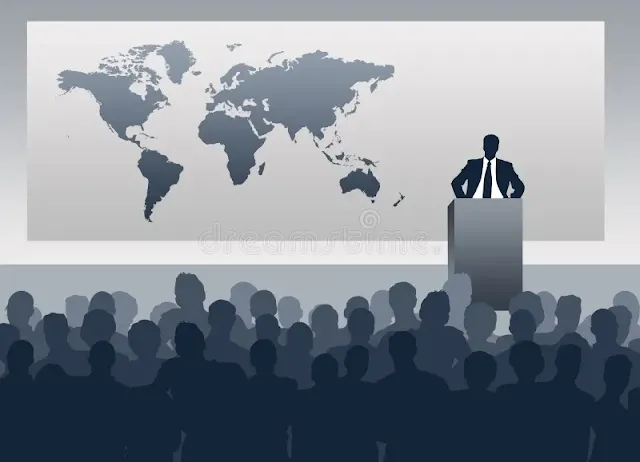In this article, we will explore various topics related to international relations among nations and their potential impact on the future. Firstly, let's discuss the current scenario and its implications for the future.
CURRENT SCENARIO AND THE FUTURE:
The current situation suggests a return to ancient times in some ways. For instance, in ancient history, India served as a major hub for international trade, attracting voyages from the Western world eager to establish direct trade relations. Today, India's large population translates into a significant market, attracting manufacturers from around the globe.
India has become a center of attraction for foreign powers, along with China. However, due to the Covid outbreak, China has faced setbacks in its recovery compared to the rest of the world. Consequently, India has seized the opportunity and emerged as a preferable alternative to China.
India currently holds the title of the largest pharmaceutical manufacturer, often referred to as the "pharmacy of the world." Additionally, India is making strides towards becoming the largest toy manufacturer and boasts the world's largest oil refineries. It is also rapidly expanding its military exports. These developments indicate India's resurgence, reminiscent of its golden period as the "sparrow of gold."
On the other hand, Western countries such as America and Europe are facing economic crises that pose uncertain prospects for their future. This situation may result in a shift of economic influence towards Central Asia. As a consequence of the economic downturn, manufacturing industries in Western countries will suffer, leading to decreased production and increased imports.
Now, let's move beyond trade and explore other aspects.
THE RETURN OF EMPIRES:
Interestingly, our discussion on the future of world politics seems to revolve around the past. However, rest assured that this article focuses on the future. We believe that a form of empire rule is making a comeback, albeit in a different guise.
In modern times, countries like China, Russia, and North Korea have dominant rulers or dictators, albeit with some semblance of public welfare. These major countries are forming alliances with smaller and neighboring nations. For example, India aims to maintain positive relationships with countries such as Sri Lanka, Nepal, and Bangladesh. China, on the other hand, seeks to exert control forcefully, as evident in its plans regarding Taiwan.
GLOBAL CLASHES:
The world is witnessing the formation of alliances and groupings such as NATO and BRICS. NATO is primarily a military alliance, while BRICS focuses on economic cooperation. The United States has significant influence over NATO. These alliances are likely to compete for power in the future. With approximately half of the world's population, BRICS holds a considerable advantage over NATO. If BRICS were to establish a global currency, the US dollar's supremacy would be challenged, potentially leading to a confrontation between BRICS and NATO.
Lastly, we will face challenges related to land, energy, and food. As the global population continues to grow, the availability of land for farming and housing will become scarce, leading to mass migrations and increased conflicts. The issue of population growth also affects energy and food resources. Furthermore, one crucial resource that is often overlooked is sand, used extensively in construction. The depletion of usable sand reserves is a looming concern.
This concludes our analysis of the possible future of our world. We invite you to share your thoughts in the comments section and contact us using the "contact us" form in the top left corner icon.
Thank you, and may fortune favor you.
 |
| The Veracity Sentinel |





